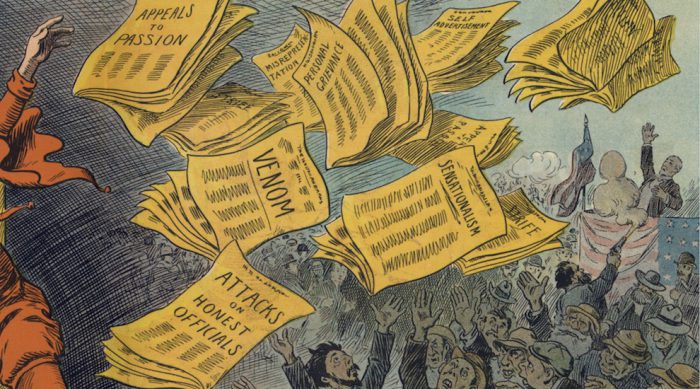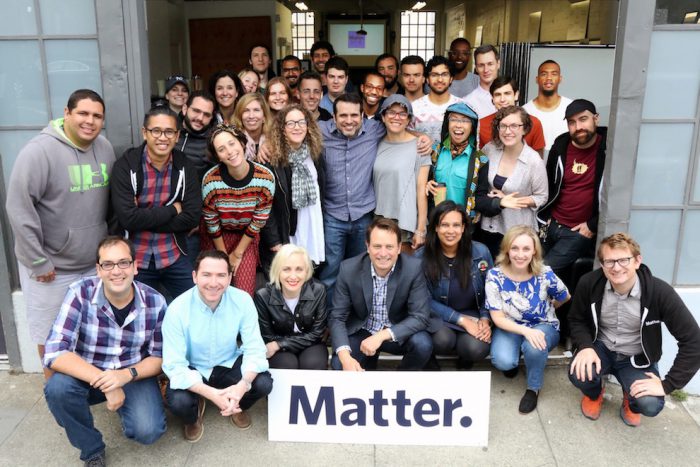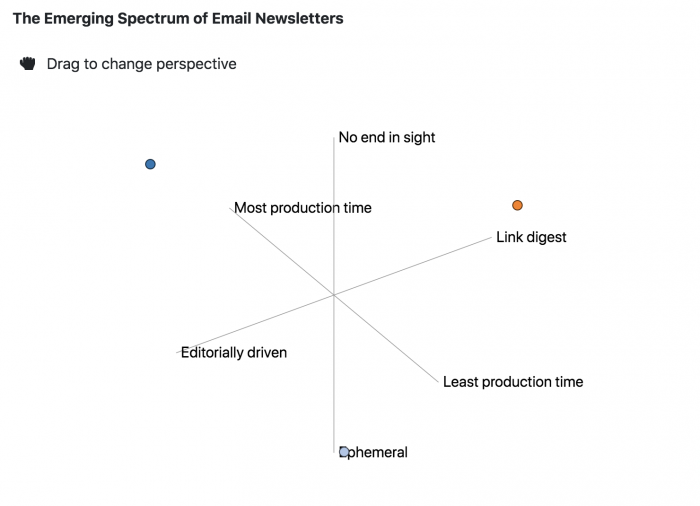Mollie LeavittJanuary 17, 2019
“We wanted to take these three different segments and treat them differently and be flexible enough to really target the people who are most likely to convert, rather than have a blanket rule across every site, every user, and treat them all equally.”







